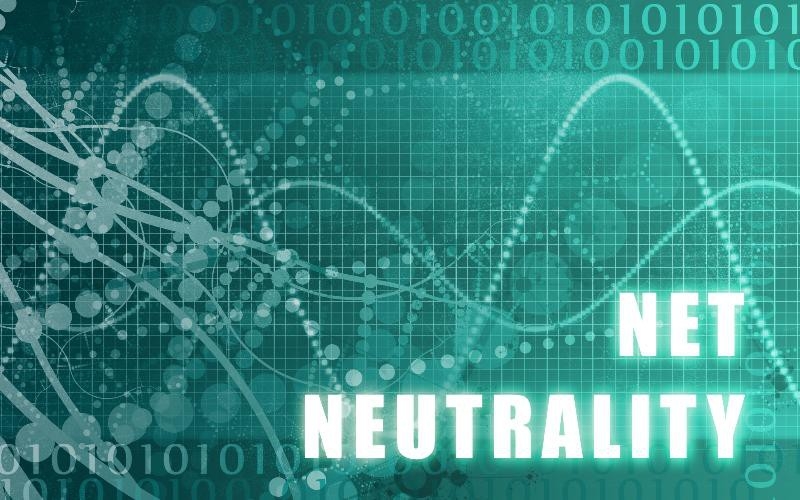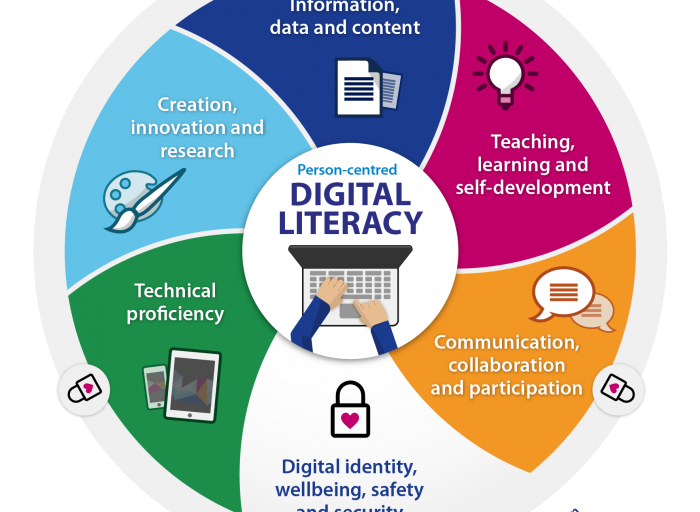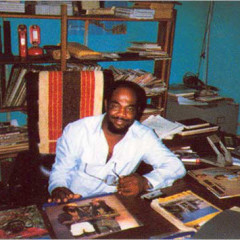In a recent address to staff regarding the current status and strategic future of the company, Amazon former President and CEO Jeff Bezos was asked the question – “Where is all this headed? The staff member wanted to know what lessons Bezos had learned from recent bankruptcies of Sears and other big retailers. Bezos answered – “Amazon is not too big to fail”. He added, “I predict one day Amazon will fail – Amazon will go bankrupt”. He continued – “If you look at large companies, their lifespan tend to be 30-plus years, not a hundred-plus years”. He noted that “the key to prolonging that demise is for the company to obsess over customers and to avoid looking inward, worrying about itself”.
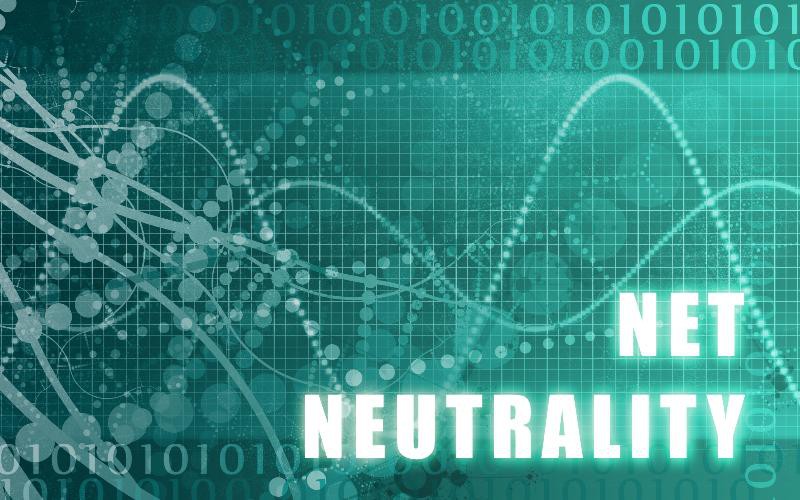
While Bezos‘s statement above made complete sense, he is only half correct. In this digital age there is another monster lurching on his door step. That monster is monopoly and unequal distribution in the internet/broadband business. Although some of the nation’s largest companies are built on business models that rely almost entirely on the internet, only very few companies sell internet access. For all of its 28 years Amazon built a very successful business model that relied on quality customer service and a broadband system that is owned by large monopolies. These monopolies are allowed to escalate fees whenever they see fit.
In 2015 the Federal Communications Commission (FCC) ruled on what they called the principles of Net Neutrality – a concept that deemed all internet traffic equal. Under this ruling, no internet (broadband) service provider (ISP) had the power to favor any one source over another by blocking, throttling or any other means of paid or unpaid prioritization. Under this principle ISPs such as Verizon and/or Comcast had to provide access to all content and applications irrespective of source, and without blocking or giving special favor to products, websites, etc.
The FCC ruling on Net Neutrality lasted only a short time and in 2016 when the Trump administration took office, the new Republican appointed Chair of the Commission made it a top priority to reverse the 2015 ruling on Net Neutrality. Prior to making most Impactful decisions, the FCC usually rely on the public to weigh in and provided comments. Prior to the vote to reverse the 2015 Net Neutrality decision, the Commission received thousands of comments (that later turned out to be BOTs or comments from non-existing citizens) supporting a decision to reclassify the internet. The Commission used these as part of the justification for the decision which came down on December 14, 2017 – know as the “the Act to Restore Internet Freedom”. This Act re-classified the Internet as an “Information Service” and mobile broadband as a “Private Mobile Service”. The ruling also moved broadband consumer protection authority to the Federal Trade Commission (FTC).
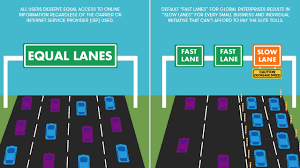
However, by the time the FCC order took effect in June of 2018, twenty two (22) states had filed protective petitions for a review against the FCC in the US Court of Appeal. Around the same time, thirty-four states, plus the District of Columbia introduced 120 bills and/or resolutions objecting to the FCC’s ruling. California led a group of states that introduced their own “Internet Consumer Protection and Net Neutrality Act”. Several states agreed to delay implementation until the issue was heard in the courts. After rulings by the Supreme Court and The Court of Appeals, the original Net Neutrality rules was allowed to remain in place at the State level and each State was permitted to set its own rules.
When national leadership fails, local leaders are forced to fill the void. The FCC had it right in 2015, but they allowed political interference and corrupt, corporate greed to influence commonsense regulations. In the process, they have demonstrated to local government and to businesses that are spearheading the digital economy that they are not dependably. This will undoubtedly force large digital economy participants like Amazon, Facebook and Google to become players in the internet/broadband business. Facebook is already investing $billions with broadband partners (Jio Platforms) in India. They might just have to do the same domestically in order to protect their business model.
Amazon already has applications in to the Commission for more than 3000 broadband satellites that will cover the USA and a large part of the rest of the world. Their subsidiary company Kuiper Systems has file application with the FCC. Their primary plan is to provide nationwide broadband with both home and mobile services. It is also quite obvious that as the United State transition into the new digital economy, this is the only way Amazon will be able to secure their current business model. Google is already offering their new broadband fiber connection at highly reduced price (compared to the legacy services like AT&T and Verizon) in several US cities.
The commission recently voted to allow the 1200 MHz of the 6GHz band to be shared with unlicensed WIFI (both internal and external). This move will free up additional spectrum for connecting 5G devices in-home. This will increase opportunities for video streaming, video calling, electronic classrooms, home to office connection and connecting nonstandard wireless computing (LoT) devices to the internet. This move will undoubtedly help to drive the new digital economy as the country emerges from the economic melt-down caused by Covid -19. This is the kind of progressive thinking that will be required of the FCC going forward.
One of the most important take-away from the worldwide Covid-19 pandemic is that normal as we knew it is gone. The “new normal” that will emerge will involve the restructuring of work, learning, entertainment and life as we knew it. United States, Canadian and European universities will soon offer courses in Kingston, Jamaica, Lagos, Nigeria, in Japan and countries of the Middle East. The global village will get larger as co-workers will exist across state-line and across continents. Digital-based entertainment will become the norm. Today’s huge fossil fuel industry will struggle o survive as commute to and from work is greatly reduced, and automobiles become mostly electric-based. In this “new normal” the high speed broadband will become as vital as today’s highways, electricity, gas or water, and therefore should be regulated as such. The 2015 Net Neutrality regulations was a huge step in the right direction. Now it is time to take the next step and regulate the internet/broadband as an essential public utility.
sydney@kingston12.net
